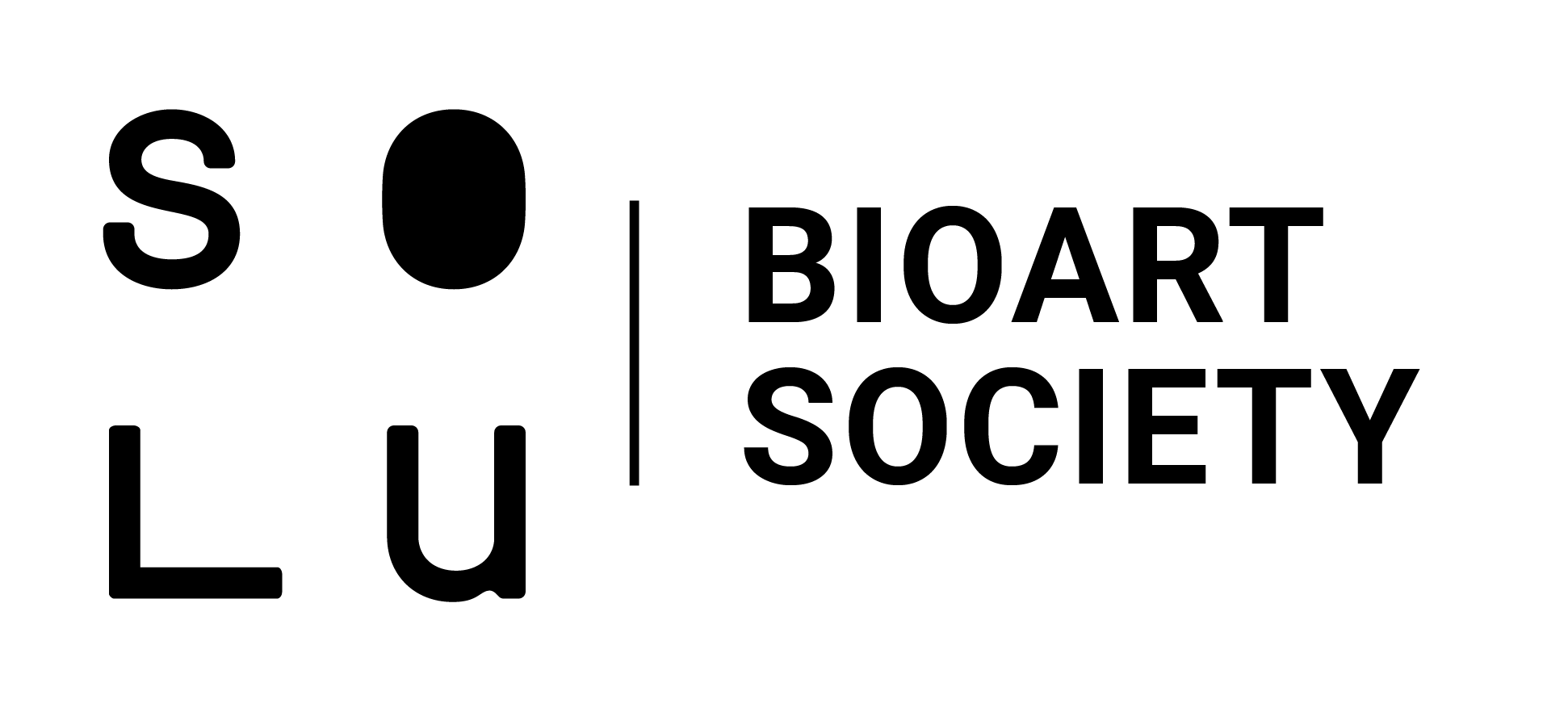Since 2018, the Bioart Society has collaborated with the Finnish Institute in Japan and BioClub Tokyo, running the Tokyo Art & Science Research Residency. Our current artist-in-residence is Emilia Tikka, who has been focusing on CRISPR technology, Yamanaka factors and non-western perspectives on longevity during her one-month residency. In December, our artist-in-residence alumna Christina Stadlbauer will return to Tokyo to present her solo exhibition at ars gallery in Omotesando. We're also happy to announce that the residency programme continues in 2020!
- -
Berlin-based artist and researcher Emilia Tikka has long been intrigued by novel biotechnologies. In her work she wants to raise philosophical and societal questions dealing with synthetic biology and gene-editing. What would happen to the perception of time if ageing could be reversed? How does the cultural concepts of death and afterlife shape our perception of the idea of radically prolonged lifespan?
Tikka's artistic research is based on speculative storytelling method and hands-on laboratory experiments. Her latest project ÆON is a poetic philosophical-speculative scenario about possible near future world where so-called biological clock can be reversed by genetic reprogramming.
"The residency will give me on the one hand an opportunity to explore non-western perspectives on cultural concepts of longevity and also to gain deeper understanding of the Yamanaka factors connected to auto-rejuvenation abilities of animals - focusing on the Japanese "immortal" Jellyfish Turritopsis," stated Tikka upon her selection.
To read more about Tikka's practice, visit https://www.emiliatikka.com.
- -
In December, our artist-in-residence alumna Christina Stadlbauer will return to Tokyo to present her solo exhibition Narratives of Imperfection at ars gallery in Omotesando. Stadlbauer stayed at Tokyo Art & Science Research Residency in October–November 2018, working on her project Ceramic Scar Tissue. The works of the upcoming exhibition reflect Stadlbauer's ongoing research with Kin Tsugi. This traditional Japanese technique was developed to repair broken ceramics with urushi lacquer and gold or silver, the underlying principle being that everything is impermanent. Starting from this concept, Stadlbauer proposes the repairing of objects through healing rather than glueing, and thereby questions our habitual tendencies of how we assign value to materials. Before showing in Japan, Narratives of Imperfection will be on view at SOLU Space from November 8-30, 2019.
Tokyo Art & Science Research Residency programme continues next year, and we will announce the next open call in early 2020. The aim of the residency is to establish an ongoing exchange of artists between Finland and Japan working within the fields of art and science. To read more about the residency programme, please visit https://bioartsociety.fi/projects/tokyo-art-and-science-research-residency/posts.
- -
Photo from Emilia Tikka's ÆON project, photography by Zuzanna Kaluzna.

